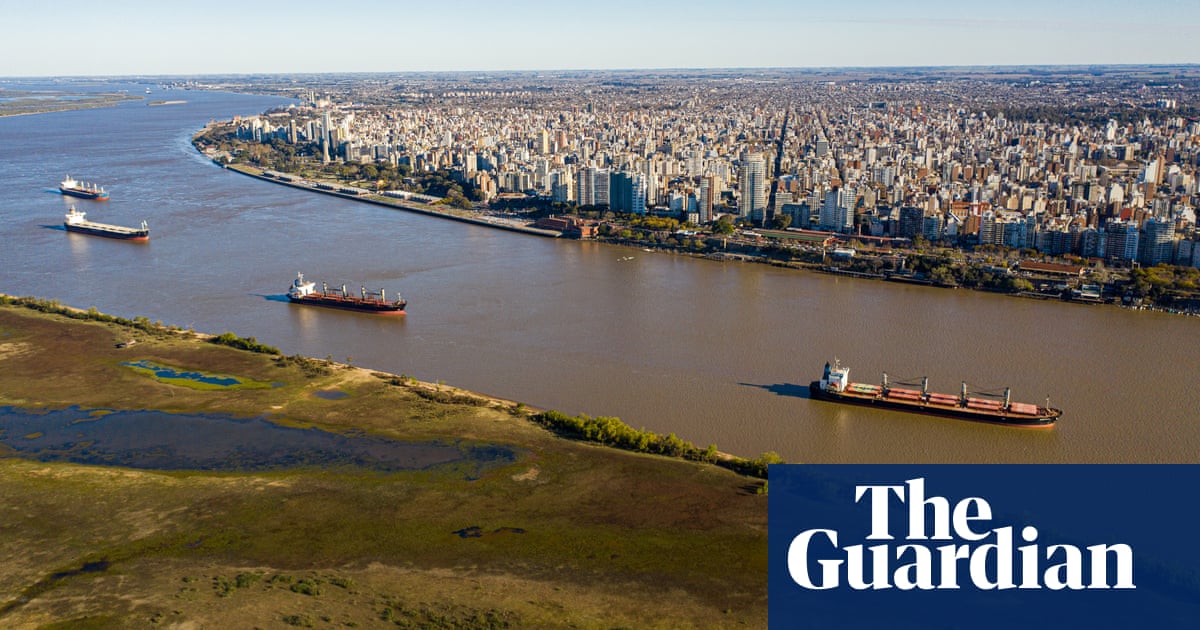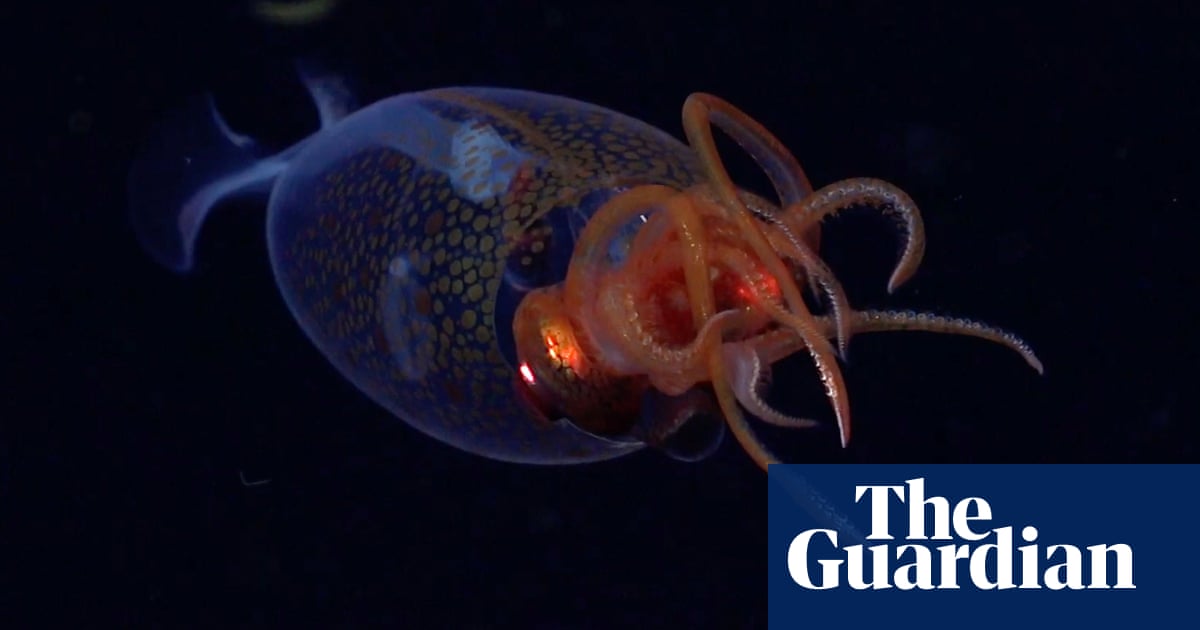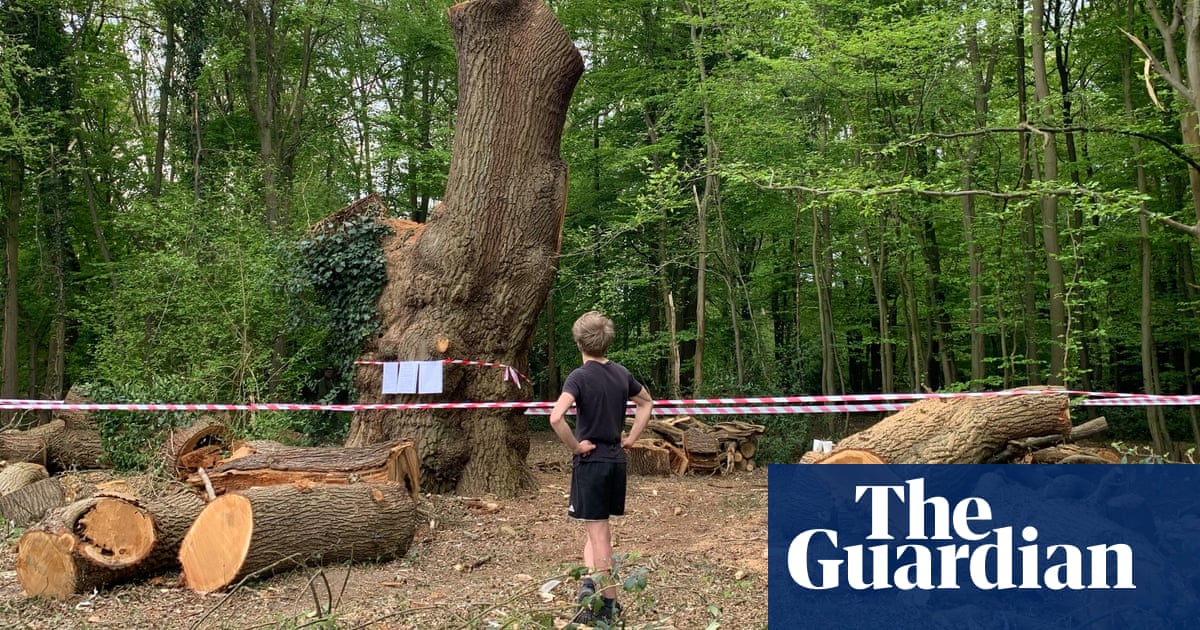Communities on Paraná River fear Argentina’s privatisation plan will destroy their way of life | Argentina

River communities in Argentina fear that Javier Milei’s plans to privatise operations on a key shipping route could lead to environmental damage and destroy their way of life.
Since taking office almost a year ago, the self-styled “anarcho-capitalist” president has pledged to privatise a number of the state’s assets. The latest is the Paraguay-Paraná waterway – a shipping route of strategic importance for Argentina and its neighbours.
Announcing the decision on Tuesday, cabinet chief Guillermo Francos said that Argentina will no longer be involved with the management and maintenance of the waterway. He said that a 30-year concession will involve a “major modernisation of the management of the waterway” which will “gradually boost international trade”.
The waterway, which is more than 3,400km (2,100 miles) long, provides inland areas of Paraguay, Bolivia and southern Brazil with access to the sea. It is vital for transporting soya bean and grains overseas, and nearly 80% of Argentina’s foreign trade is channelled through it.
“This milestone will allow 80% of our foreign trade to have more efficient and lower logistics rates,” said Luis Zubizarreta, the president of the Chamber of Private Commercial Ports.
Juan Carlos García, 68, who was born in the Paraná delta and is a descendant of the Indigenous Guaraní people, described feeling a “great pain” at hearing the news. “We will struggle,” he said. “The environmental damage will be terrible.”
The Paraná River delta is home to abundant species of flora and fauna, and is a migratory corridor for birds. Its wetlands also help regulate the climate, store water and act as a carbon sink. García fears increased shipping will increase pollution and dredging activities, thereby disrupting habitats.
Diego Domínguez, a 50-year-old teacher, also said he is concerned about “river exploitation”, adding that the “privatisation of natural resources entails violence against life for the benefit of a few”. The waterway was previously privatised in the 1990s, before being brought back under state control several years ago.
Carlos Veron, a 73-year-old river captain of 44 years, said he believes the tender is for the “exclusive benefit” of multinational businesses. “They do this at a time when more than 50% of our people are living below the poverty line,” he said.
In the past five years, the waterway has also gained importance as a major route for drug traffickers, who move cocaine from Peru and Bolivia through ports such as the inland city of Rosario from, where it is exported to Africa and Europe. In his statement, Francos said that the government will implement radars and satellite systems for ship trafficking and increase measures to fight “drug trafficking and terrorism”.
Milei came into office last December vowing to take a chainsaw to the state budget, overturn a deep fiscal deficit and tame triple-digit inflation. He has recently been embroiled in disputes over other privatisations, including that of state airline Aerolíneas Argentinas and the rail sector’s main state-run cargo firm, Trenes Argentinos Cargas.
However Marcelo J Garcia, director for the Americas for the New York-based geopolitical consultancy firm Horizon Engage, described the Paraguay-Paraná proposal as “the biggest and most important privatisation” the Milei administration has undertaken so far.
“The way the process goes will also have geopolitical implications,” he said. “It is a major test for the Milei administration’s capacity to reform and improve the competitiveness of Argentina’s economy.”
Source link






